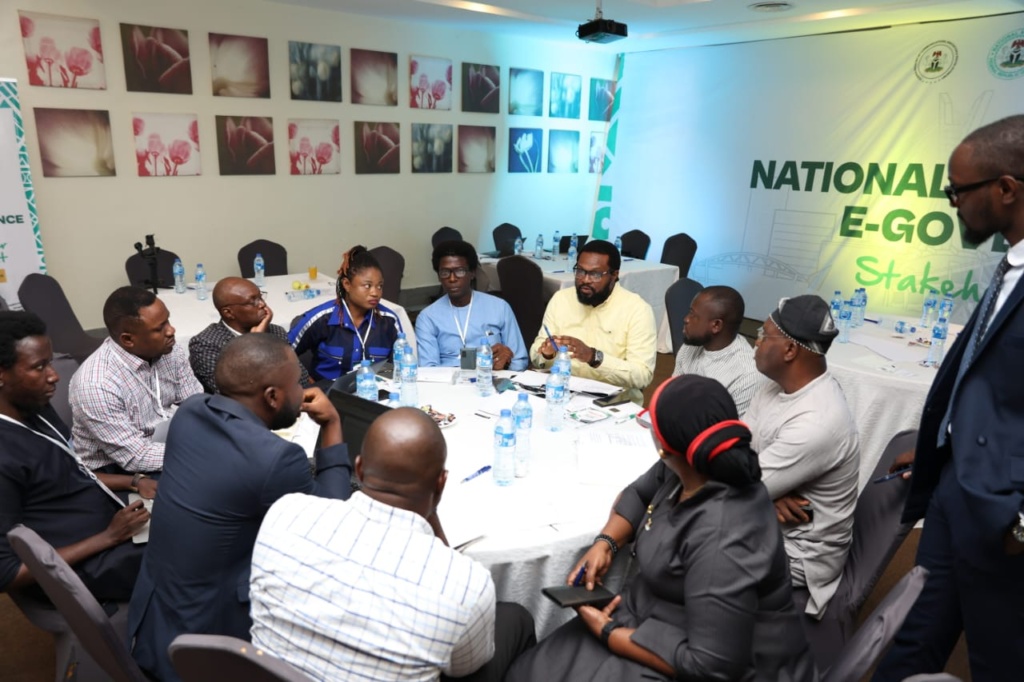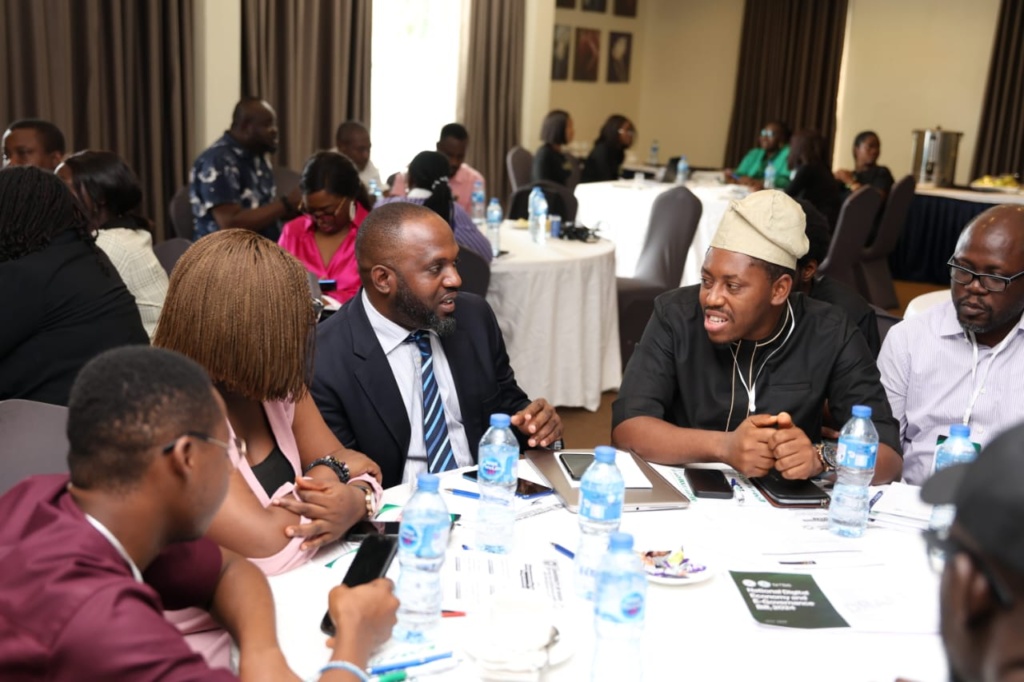The Oyo State government and some stakeholders have advocated the speedy passage of the National digital economy and e-governance bill to ensure accountability and transparency in governance.
The stakeholders who gathered in Ibadan on Tuesday, said the passage of the Bill would smoothen government activities and boost government-citizen engagement.
This was the submission of speakers at a stakeholders’ engagement on the National Digital Economy and E-Governance Bill held in Ibadan.
Speaking during the event, the Minister for communications, innovation and digital economy, Olatunbosun Tijani, represented by Banke Ajagunna, noted that the importance of the bill cannot be underestimated as it will enhance the digital economy and build trust between the government and the people.
The Minister called on Nigerians and the National Assembly to give the bill the needed support.
According to him, the consultative engagement is going on in all the states of the federation to seek the input of stakeholders on the bill.
He submitted that the National Digital Economy and E-Governance Bill, 2024, is a significant step forward in Nigeria’s digital transformation journey.
This bill, according to him, aims to drive economic growth through digital technology, improve public service delivery, and create a competitive environment for the Nigerian digital economy.
He noted that in a bid to migrate Nigeria into a smart country, the Federal Government through the Ministry of Communications, Innovation and Digital Economy proposed the National Digital Economy and E-Governance Bill.
The Minister said the bill offers numerous opportunities for businesses to innovate and expand, with improved digital infrastructure and a supportive regulatory environment. Individuals will also benefit from improved access to digital services and better governance through e-Governance initiatives.
He highlighted the advantages of the E-governance bill to include Economic Transformation and Establishment of a regulatory foundation to encourage digital commerce, cross-border trade, and innovation, positioning Nigeria as a major player in Africa’s digital landscape.
He added that the bill, when passed, will encourage Modernized, Citizen-Centric Public Services.

“It will facilitate the digital transformation of government services to make them more transparent, accessible, and responsive to citizens.”
He also said the bill will ensure Digital Access for All, saying, “it will promote infrastructure and digital literacy programs to make digital services accessible across Nigeria, including underserved regions.”
Speaking earlier, the Senior Special Assistant on ICT and E-Governance to the Governor, Mr. Bayo Akande hailed the federal government’s National Digital Economy and E-Governance Bill.
Mr. Akande, who observed that the nation is overdue for a digital economy, which is the order of the day, added that this bill will drive economic growth through digital technology.
According to Akande, “Despite advances in technology, Nigeria’s digital economy faces critical challenges, Nigeria lags behind countries with robust e-governance frameworks that empower citizens and protect consumer data. Without intervention, Nigeria risks losing economic opportunities in an increasingly digital world.”
He added, “though Oyo has already started to introduce digital methods in the governance space of the state, as the state recently deployed Business Process Automation, in a bid to make Oyo state government services go paperless, the bill is a step in the right direction.”
It also seeks to create export-oriented capacities in Nigeria’s digital economy, support international digital trade and investments, and provide a legal framework for these activities.
In attendance were various stakeholders including several Tech Ecosystem leaders.–
—
E-signed:
Prince Dotun Oyelade,
Commissioner for Information and Orientation,
Oyo State.
November 27, 2024.

